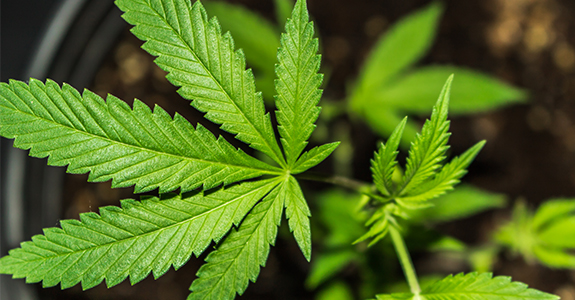Hemp production rules have changed—do you need to adjust your insurance policy?
Growing and farming hemp for profit has become very popular in the U.S. While hemp production is a practice that's been around for centuries, recent changes in regulations have opened new markets and new regulations business owners need to plan for.
American farmers grow hemp for fiber, building materials, oil, and cosmetics, among other things. But commercial growth was effectively banned by the federal government over concerns about marijuana. Those restrictions were loosened with the 2014 Farm Bill, and the federal government has changed the rules again regarding the crop.
On December 20, 2018, the 2018 Farm Bill was signed into law. The bill broadened the exemptions that make hemp legal and required states to submit their own regulatory plans for federal approval.
In October 2019, the USDA finalized regulations of a hemp production program. Hemp production is now legal in 46 states, with Idaho, Mississippi, New Hampshire, and South Dakota continuing to ban production within their borders.
What you need to know to grow hemp
To produce hemp, you must be licensed or authorized under a state or tribal hemp program—or through the USDA hemp program. Essentially, with the USDA action in 2019, farmers no longer had to wait for their state to make regulatory plans to get licensed for hemp production if their state legalized the practice. You can find a full summary of the USDA hemp regulations on their website.
We can help protect your hemp crop
Protecting your hemp crop is like protecting your other crops. You want to be covered in case your crop is lost. Due to changes in classification as outlined below, there are coverages available to protect your hemp crop. However, there are certain protocols that must be followed.
Hemp is no longer considered a Schedule 1 drug since it contains less than 0.3 percent of the mind-altering tetrahydrocannabinols, or THC. This exemption allows us to insure your crops if you provide us the following:
A copy of your issued license
Proof that you have signs displayed identifying the crop as hemp
Verification that your hemp is being grown at the latitude and longitude designated on your license (not required by all states)
Your signed representation and warranty
Your completed and signed Cannabis Supplemental Application
Contact a Hortica agent if you have any questions or would like more information about insuring any of the crops you grow. We're here to help you.
Related links:
We want to help aspects of your business that go beyond your crops. Browse our coverage options.
Your business succeeds because of your employees. Their health is paramount. Here's five tips to help your team maintain a healthier lifestyle.
The information in this article is for informational or entertainment purposes only. View our disclaimer by going to terms and conditions and clicking on Learning Center disclaimer in the table of contents.
